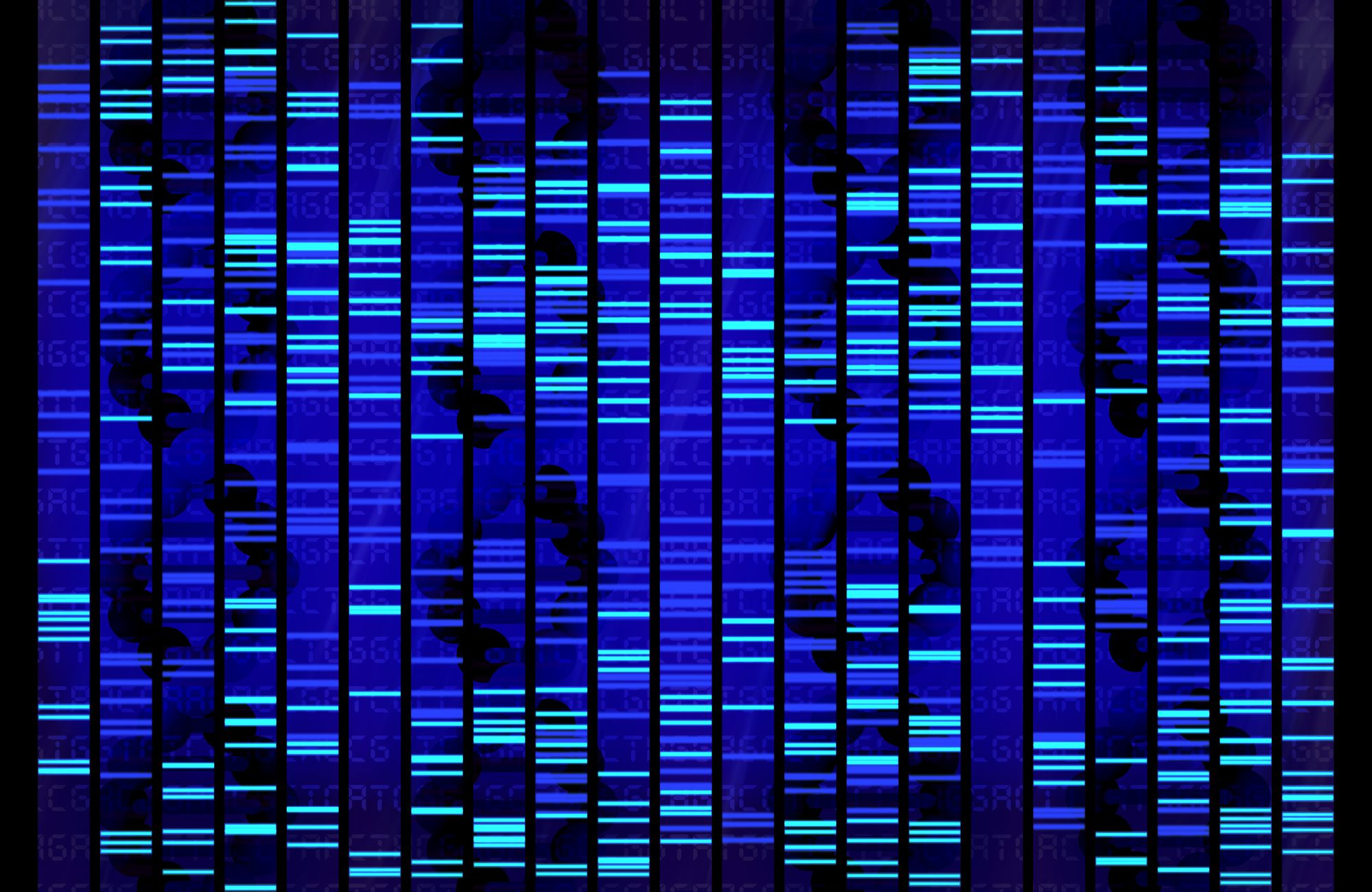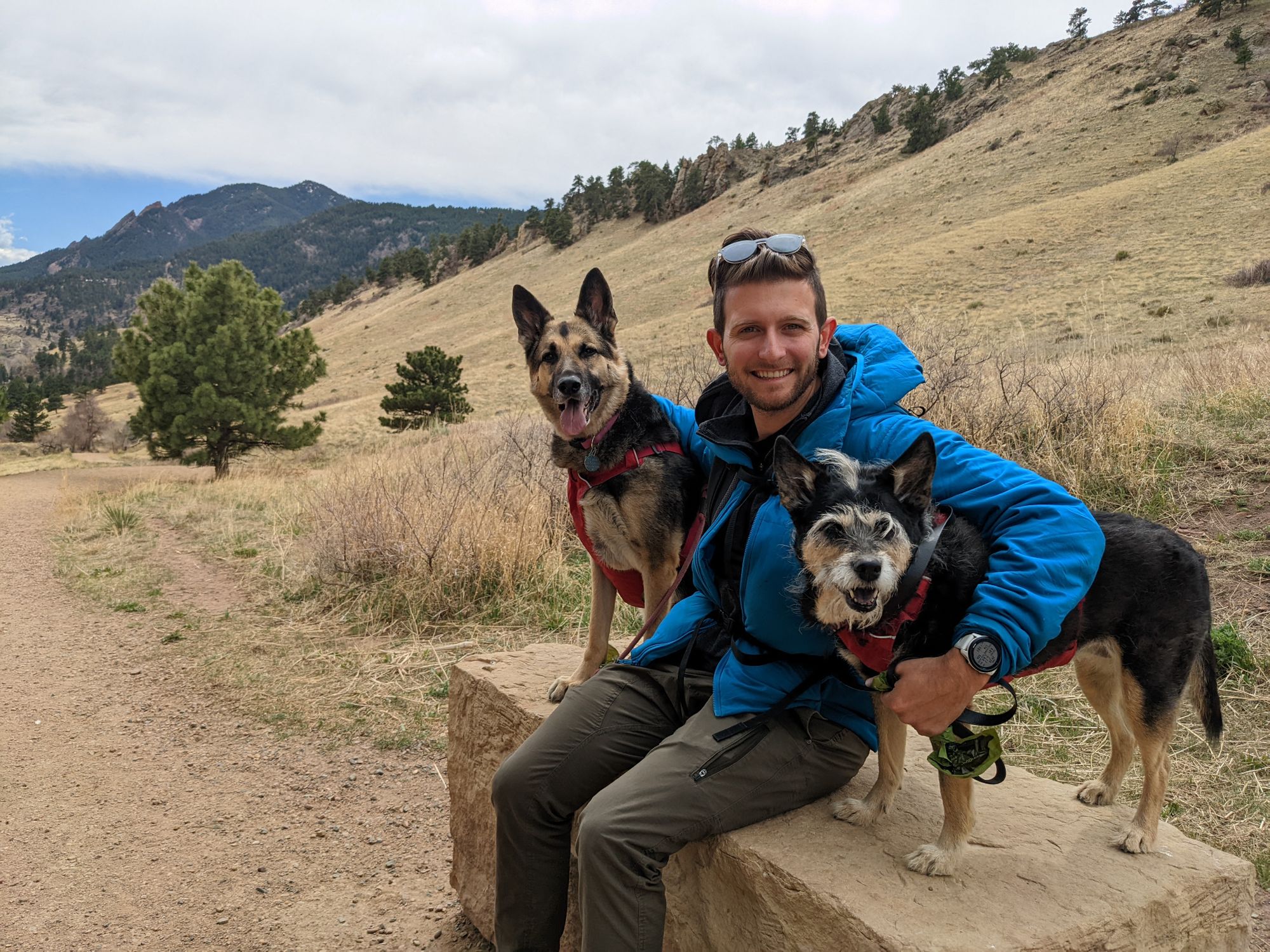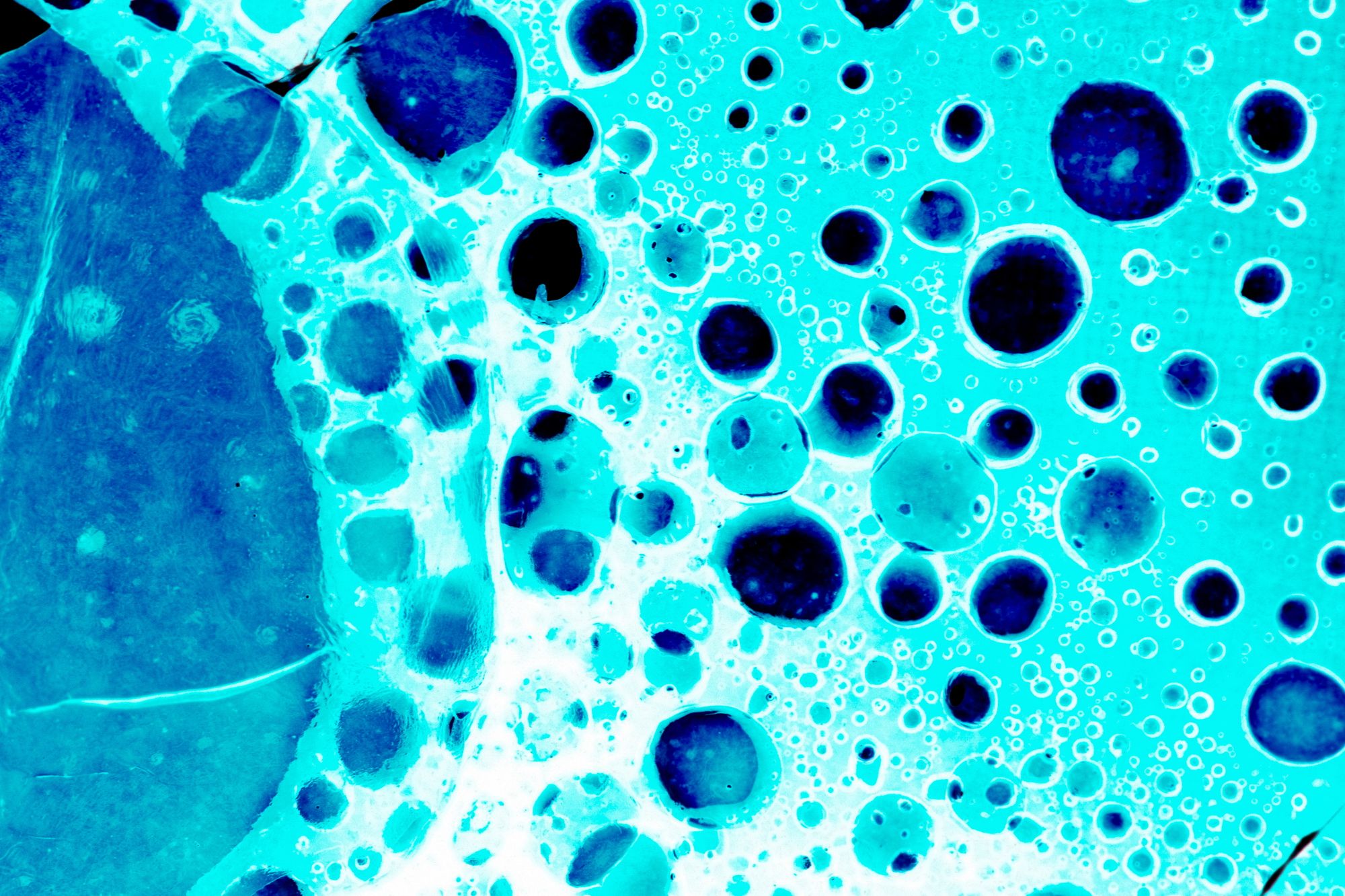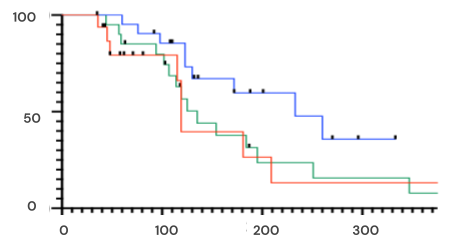
FidoCure Veterinary Team Blog
Read the latest in veterinary oncology research and FidoCure scientific and clinical updates from our team of experts and advisors


FidoCure® Precision Medicine Data Showcased at the American Association of Cancer Research (AACR)
At the AACR 2023 annual meeting, Dr. Lucas Rodrigues, Head of Veterinary Research at FidoCure®, presented the results of two innovative studies which demonstrated the power of real-world data from dogs with cancer to drive drug development strategies and inform human clinical trials.
The first study, titled "High frequency of TP53 mutations in canine skin tumors recapitulates solar induced human lesions representing an important research model of spontaneous diseases," focused on the similarities between skin tumors in dogs and humans caused by sun exposure. The study found a high frequency of TP53 mutations in canine skin tumors, mirroring those seen in humans with solar-induced skin lesions. This validates the use of dogs as a valuable research model for spontaneous diseases.

Thrive Pet Healthcare and FidoCure® Announce An Expansive Pet Precision Health Partnership
Strategic partnership leveraging FidoCure’s precision medicine platform advances joint vision for providing personalized, accessible veterinary cancer care

Get to Know: Chase Schwalbach, Chief Product Officer, FidoCure
Tell us about your background
I grew up on the Ohio/Kentucky border, from a relatively modest background. My mom worked 3 jobs to support me and my 2 siblings, and I...

World Veterinary Day Interview: Strengthening Veterinary Resilience
Resilience is defined as the capacity to recover quickly from difficulties and toughness-- there are both physical and psychological resilience. Both have been severely tested these last few years with the pandemic, the current war, national divisions, etc. and have really affected veterinarians in the world at large.

Rising Women in Veterinary Oncology
An introduction from Chief Medical Officer, Dr. Gerry Post
Veterinary medicine is changing. I remember one of my first days in veterinary school looking at the class pictures that were hung in the hallways. I remember seeing the first woman in one of these class photos and noting that she was still practicing.

Medical Brief: PIK3CA and KRAS Mutations Predict for Response to Everolimus Therapy
PIK3CA and KRAS mutations predict for response to everolimus therapy: now that’s RAD001 Morassa Mohseni, Ben Ho Park J Clin Invest. 2010;120(8):2655-2658. https://doi.org/10.1172/JCI44026.

Medical Brief: Treatment of Canine Cutaneous Epitheliotropic T-cell lymphoma with Olacitinib
Jeylan Aslan, Michael A. Shipstone and Louise M. Sullivan Vet Dermatol. 2021 May 25. doi: 10.1111/vde.12976
This case study reviews the use of olacitinib to treat cutaneous epitheliotropic T-cell lymphoma (CETL).

Medical Brief:The Median Isn’t the Message
Stephen J. Gould was one of the most influential authors of popular science. He was a paleontologist, evolutionary biologist and historian of science.
The “Median Isn’t the Message” is an essay written by Stephen J. Gould in 1991 as part of his book Bully for Brontosaurus: Reflections in Natural History. The essay has been reprinted many times for many different audiences. In 2013 it was reprinted in the American Medical Association Journal of Ethics. I believe that Stephen J. Gould’s message is as relevant today as it was when he originally wrote it. I thought this essay so important and so well written, that it was required reading for every one of my residents over the past 20 years.

Win-Win -The Development of Novel Immunotherapies for Brain Tumors Using Pet Dogs
On Thursday June 10th at 3pm EST/12pm PST, we were delighted to welcome Dr. Liz Pluhar to our webinar series.
Dr. Pluhar is a full professor and small animal surgeon in the Department of Veterinary Clinical Sciences at the University of Minnesota and leads the Canine Brain Tumor Clinical Trials Program.
